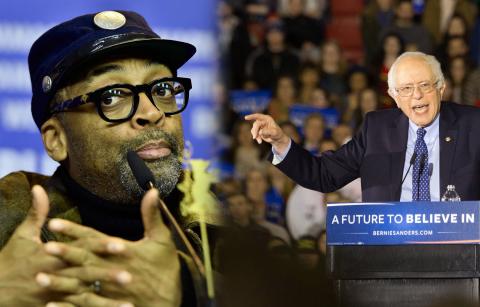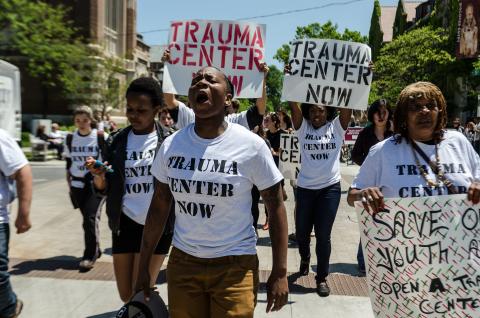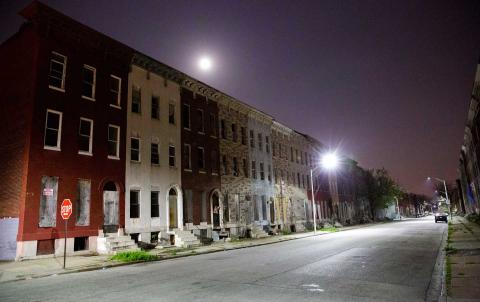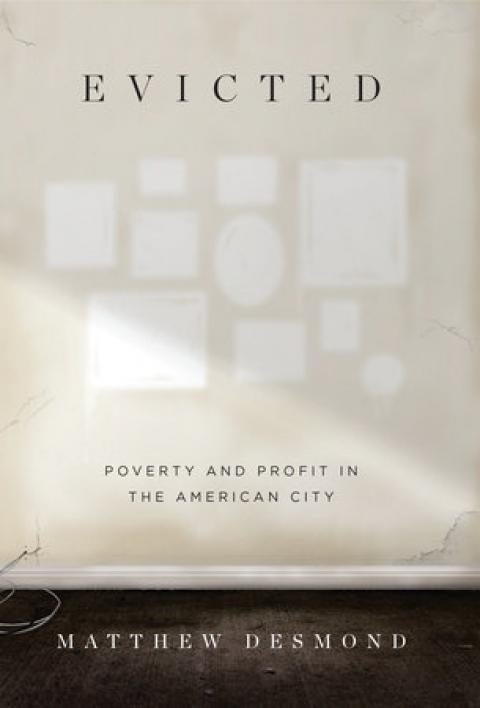Paul Krugman Crosses the Line
Triple Crisis (Dollars & Sense)

Paul Krugman is not a Political Scientist. Krugman's "brand" is that he is a "brilliant, Nobel Prize winning economist." In fact, much of his early research was brilliant; and, to be sure, Krugman did win the Nobel Prize. BUT, the misleading discussion of economics contained in his piece, "Sanders Over the Edge" does raise this question in my mind: Is Paul Krugman still qualified to write an economics opinion column for the New York Times?









Spread the word